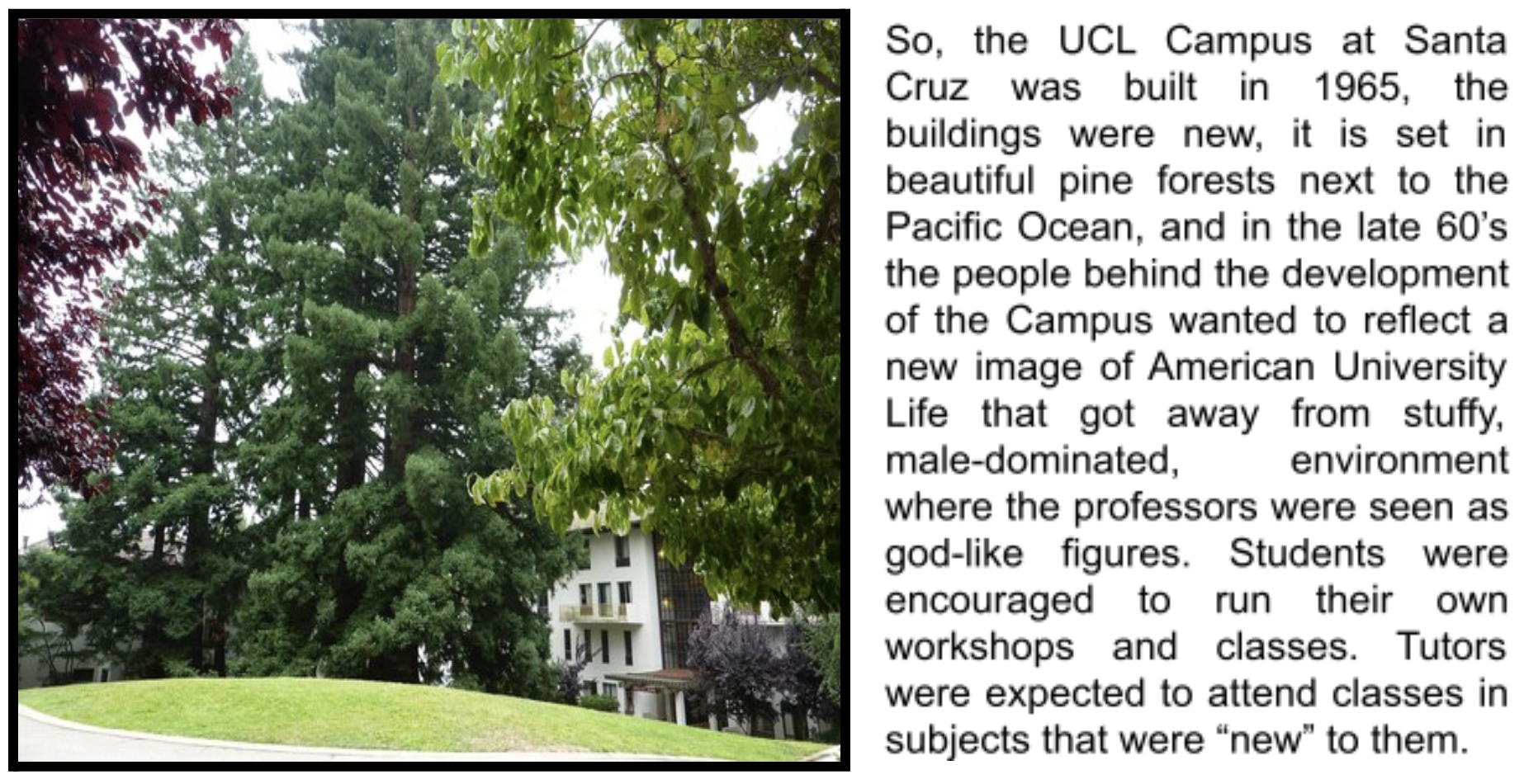18
MENTAL HEALTH PROMOTION
MENTAL HEALTH PROMOTION
Informazioni
This Learning Playlist is part of the international training course Mental Health Promotion in the Youth Field. There are 3 parts to this training.
Before the Mobility
Participants of this international training course are requested to prepare by doing some research into the NLP that we will use as a model for our learning about Mental Health Promotion. They do this through the Learning Activities:
- What is NLP
- History of NLP
- NLP and System Theory
The First Part of the Mobility
For the first 6 days of the Mobility, participants will experience youth work activities and reflect on their learning from that day using the following Learning Activities:
- Change the world, Change your mind
- Step by Step to great Rapport
- Sensory Acquity, Mind-reading for beginners
- Building the Picture, Setting the Outcomes
- Tools and techniques - 1
- Tools and techniques - 2
The Second Part of the Mobility
Participants will transfer their learning into (digital) learning activities for the people they work with and participate in a youth work market with local youth work organisations.
LifeComp competence framework
To support recognition of non-formal learning and to support the development of the “Personal, Social and Learning to Learn” skills within youth work we make in this training an connection between the learning happening during the training and the LifeComp Competence Framework.
Spcifically will be worked on the following skill zones: flexibility, growth mindset, critical thinking, collaboration, self-regulation, communication, empathy, well-being and managing learning.
Open Badges
In each Learning Activity and for the total Learning Playlist participants can earn Open Badges. Sometimes the badges will be issued via checking evidence by accredited NLP practisioners, other times via international trainers and also via self-assessment by the earners itself.
This project is co-funded by ErasmusPlus
Attività da completare
Completa le attività seguenti e ottieni i badge per vedere lo stato di completamento della playlist aggiornato
Informazioni
As you know from Activity 1, NLP was developed in the early 1970’s in California. It developed in a historical context that is a huge influence on the way that it was used and seen in the early days. By 1975, when the first work on NLP was published, President Kennedy and his brother along with Martin Luther-King had been shot, the first Star Wars movie was in production and the Summer of Love of 1968 was just a distant, blissful memory.

Richard Bandler was a post-grad student in Psychology, and he started running Gestalt Therapy workshops for groups of fellow students. John Grinder a tutor in Linguistics who attended Bandler’s workshops and saw that Bandler was getting great success with his work. Grinder realised that the reason for the success was the way that Bandler used language, and the 2 of them started to work together.
At this time there was a huge growth in “Talking Therapy” and the different schools of therapy that were developing. Most training, and therefore most therapy, was not great quality, but some therapists were outstanding. Bandler and Grinder chose 3 of these and spent many months analysing what they did, asking themselves this question “What is the difference that is making the difference in their work?”
Taking all this research on the 3 other outstanding therapists and analysing their work Bandler & Grinder discovered that the secret of their success lay in how they used language. They broke this down further and simply copied the best bits of their work, gave it a twist and called it NLP. This process of “Modelling Excellence”, in other words, copying what others do well and re-using it, is a key part of NLP.
Ottieni badge per l'attività
The History of NLP Ottieni questo badge
NLP developed in a specific historical context in the early 1970s in California. To understand NLP fully we need to know about this historical context so that we can adapt it for our own Mental Health Promotion youth work in the early 21st Century.
This badge needs to be completed before the training starts so that you arrive with an understanding of NLP that we will build on during the training.
Attività
Task n.1
Prova verificata da: un organizzatore dell'attività
1. Please think of and list 8 other social, political, historical or cultural movements that were gaining influence in the USA at that time.
2. Find out who were the 3 Super-Therapists that Bandler and Grinder chose to model. What sort of therapy did these 3 offer?
3. In no more than 1 paragraph, please say what a Gestalt cycle is. This might help:
4. See what you can find out about Richard Bandler’s murder trial!
Competenze
#Mental Health Promotion
ESCO
#campaign for youth work in the local community
LIFECOMP
#Flexibility
LIFECOMP
#Growth mindset
LIFECOMP
#Critical thinking
ESCO
#sviluppare le strategie di cooperazione internazionale
ESCO
#eseguire i massaggi
LIFECOMP
#Collaboration
LIFECOMP
#Self-regulation
ESCO
#comunicare in materia di benessere dei giovani
ESCO
#talk with the selected community
ESCO
#lavorare in collaborazione con i fruitori dei servizi sociali
ESCO
#relaxation methods
ESCO
#cercare innovazioni per le pratiche in uso
ESCO
#check story
LIFECOMP
#Communication
LIFECOMP
#Empathy
LIFECOMP
#Wellbeing
ESCO
#promuovere la salute mentale
LIFECOMP
#Managing learning
Attività: 17
Iniziato: 56
Playlist completata: 12
Tempo di completamento: 16 giorni 9 ore 15 minuti
Condividi:
Organizzatori
Cities of Learning Network
Emittente di badge certificato con
L'organizzazione no-profit Awero gestisce questa piattaforma web e continua a svilupparla in partnership con organizzazioni leader nel settore dell'educazione. La prima versione di questa piattaforma è stata realizzata grazie ai cofinanziamenti del programma Erasmus+ dell'Unione Europea. Contattaci all'email support@awero.org.
Piattaforma
Cambia lingua:

